In this video, we will delve into canine science and tell you why dogs tilt their head, why they cry, and why they are so indecisive, persistently asking to go out and come back in again.
Why dogs tilt their heads when you talk to them
One of the more endearing things dogs do is to tilt their heads when they listen to you. We humans think it's cute—but why do dogs do it?
Scientists have finally discovered why our best friends tilt their heads when we talk to them.
A new study published in the journal Animal Cognition found that dogs tilt their head when they process something meaningful, or when they expect to be told something important.
The adorable gesture is a signal that the dog is intently listening. Head-tilts are related to increased attention. Your dog is trying to concentrate and pay more attention to messages from its human companions.
As part of the study, the researchers observed 40 dogs during object-label knowledge tests and analyzed head-tilts while listening to humans. The scientists found that there was a strong correlation between head-tilting and following complex verbal commands. The results of this study indicate head tilting is associated with processing information and an attempt to better understand humans.
Interestingly enough, the scientists found that dog breeds that are better at learning the names of objects — such as border collies or German Shepherds — would tilt their heads more. The so-called “gifted learners” tilted their heads 41 percent more frequently during the experiments compare to other dogs.
The animals even had a favored side when titling their head, just like humans favor their left or right hand.
Dogs also have a favorite paw and even a favorite nostril. For example, most dogs are right-handed when it comes to reaching for food, walking down stairs, or retrieving toys. Tilting the head is yet another asymmetrical movement in dogs.
So, when your dog looks at you attentively while tilting their heads, they are probably trying to absorb every word.
Why dogs are so indecisive, persistently asking to go out and come back in again?
If you have a yard, you may have wondered why your dog wants to go out, and then a minute later is standing in front of the door and suddenly wants to come back in.
Dogs are curious and want to know what is happening in their territory at all times. In the wild, there are simply no doors that constantly block their way.
Your dog may want to go out for a change of pace, to go to the bathroom, or check whether everything is still in order and no intruders are hanging around in their area.
Dogs want to come in because they miss you, they are not comfortable with the weather, or they want to check what you are doing.
Dogs can be indecisive animals as well.
Remember, if you are not spending quality time with your dog, exercising, training and petting them, they may simply be asking to go in and out to entertain themselves and have something to do.
Why dogs cry
Whining is one of many forms of canine vocal communication.
The most common reason your dog may be whining is that they need or want something from you, like some food or going out for a walk. Maybe their favorite toy is stuck underneath the couch, or they want you to open a door for them. This is similar to how puppies interact with their mothers, by “asking” for something with a plaintive whimper or whine. So it’s no wonder adult dogs recruit this same vocal impulse when communicating with humans.
Sometimes dogs whine just because they are bored and no one is paying attention to them. Your dog wants someone to play with or something to occupy them.
Whining can also be your dog’s way of saying that they are anxious or scared.
Separation anxiety is another serious condition that can lead to crying. Dogs with separation anxiety who are left alone will sometimes spend their entire days barking and or whining.
Finally, whining could be an indication that your dog is in pain or some kind of physical distress.
How to Talk to Your Dog
If you’re talking to a dog, increase the pitch of your voice and use dog-related words.
A new study has shown that when we use a higher pitch when talking to our dogs, it really does help the animals to pay attention more. The research, published in the journal Proceedings of the Royal Society, showed that talking to dogs using dog-directed speech makes them react and attend more to their human companion than regular speech.
What is more is that talking this way creates a stronger bond between you and your pet.
On a similar note, studies using MRI scanner have shown that dogs understand a little bit more about human speech than we think.
They understand vocabulary regardless of intonation. So dogs will not only listen to the tone of your voice - but your choice of words as well. So if you say a mean thing to a dog in a friendly tone, the dog knows.
- Category
- Pets And Animals Video Of The Day!



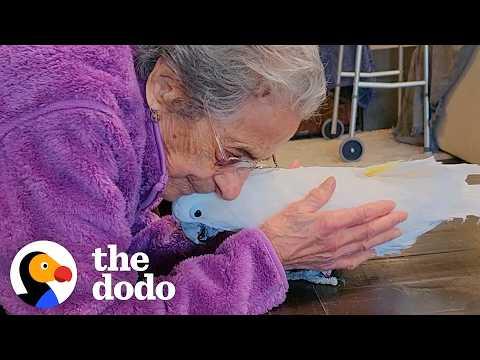


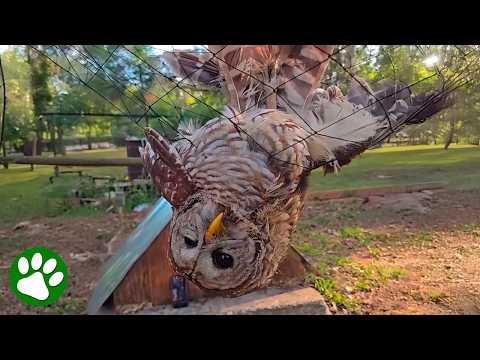





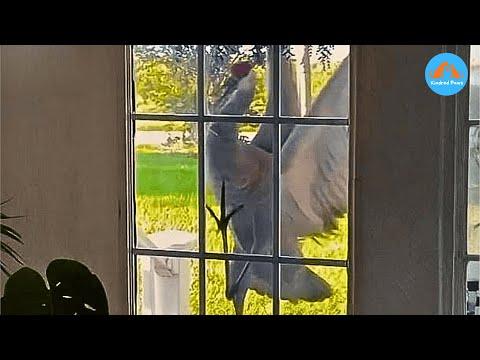
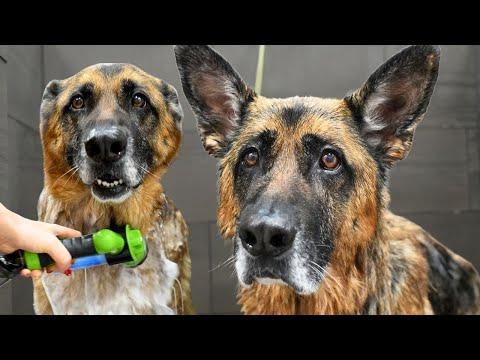









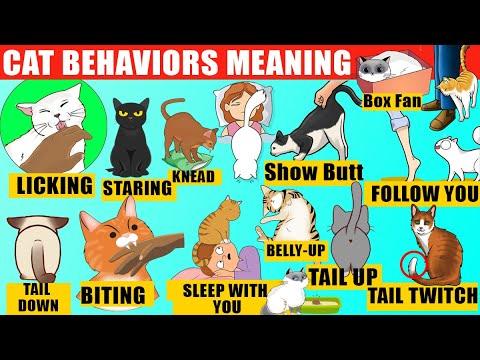

Mel, Thanks-this was very informative. I enjoyed it very much.
Thanks Mel, very informative.
very interesting - thanks
I love all dog video's, and that one was very interesting.....PLEASE DO MORE ON DOGS....
Very informative
I don't have a dog, didn't finish watching it.
Very interesting video. I often wonder what my dog is thinking, or trying to tell me.
Video was very enlightening. I think Dogs are almost human anyway!!
Very good information. Thanks for showing this.
Great video… lots of thunder and lightning and even before it starts my little Yorky knows somethings not right and is petrified. I give him a homeopathic calming medicine, but it doesn’t work very well. He’ll either stay very close to me and shiver and shake or hide under the bed now I know why. I never knew about the static electricity makes sense.
Good Info Mel . Great video . Thank you . Have a great day and weekend to come .
Thank you for this post. It was interesting. We've had dogs for most of our lives and they obviously manifest most of these behaviors and we could only guess at the "why". Interesting factoids.
Good info......Thanks Mel
Thank you for solving my great mysterious! It's a great teaching video,
Another reason dogs may not enjoy thunderstorms much is because, due to their extraordinary sense of hearing, they are SO loud! Same for fireworks, marching bands or any other very loud sounds.
Good presentation and explanation. I've had many of those experiences with all the dogs in my life.
Appreciated confirmation of things I knew. Presentation was concise and to the point which I appreciated.